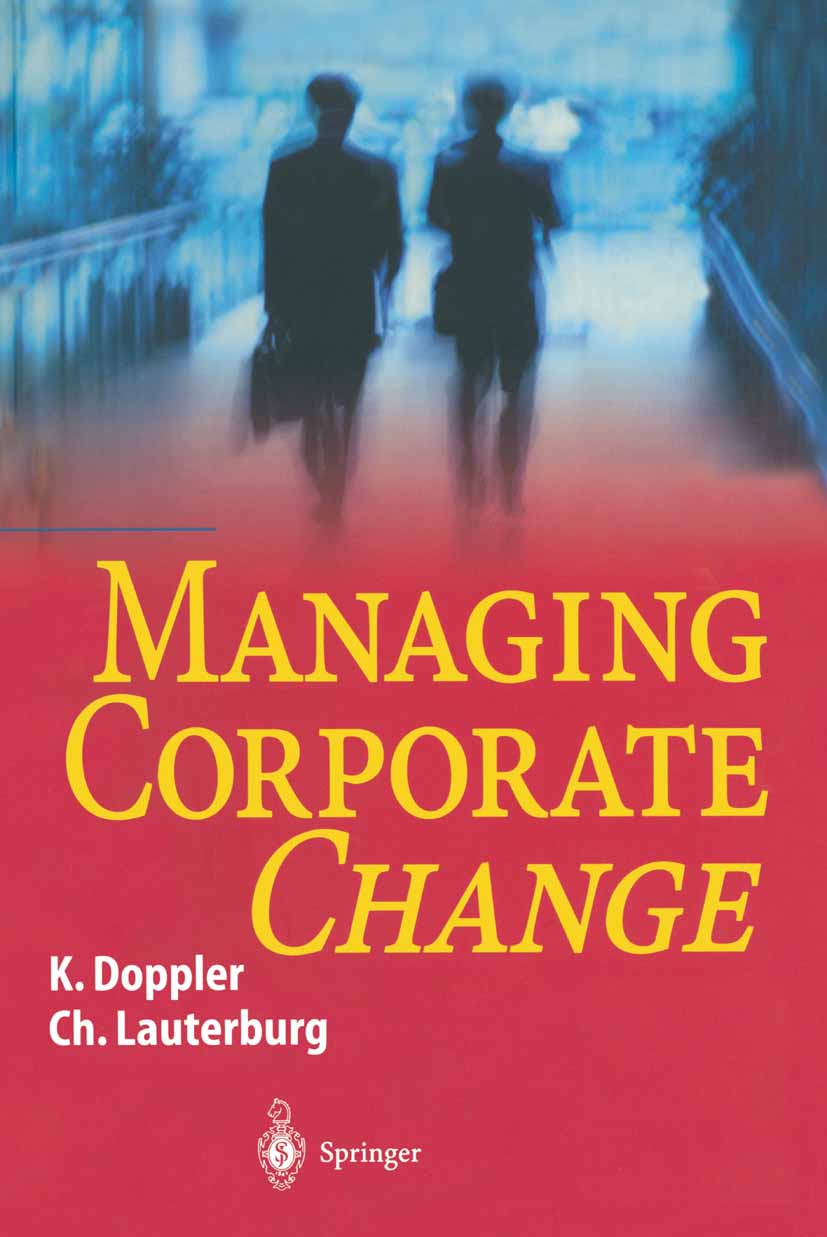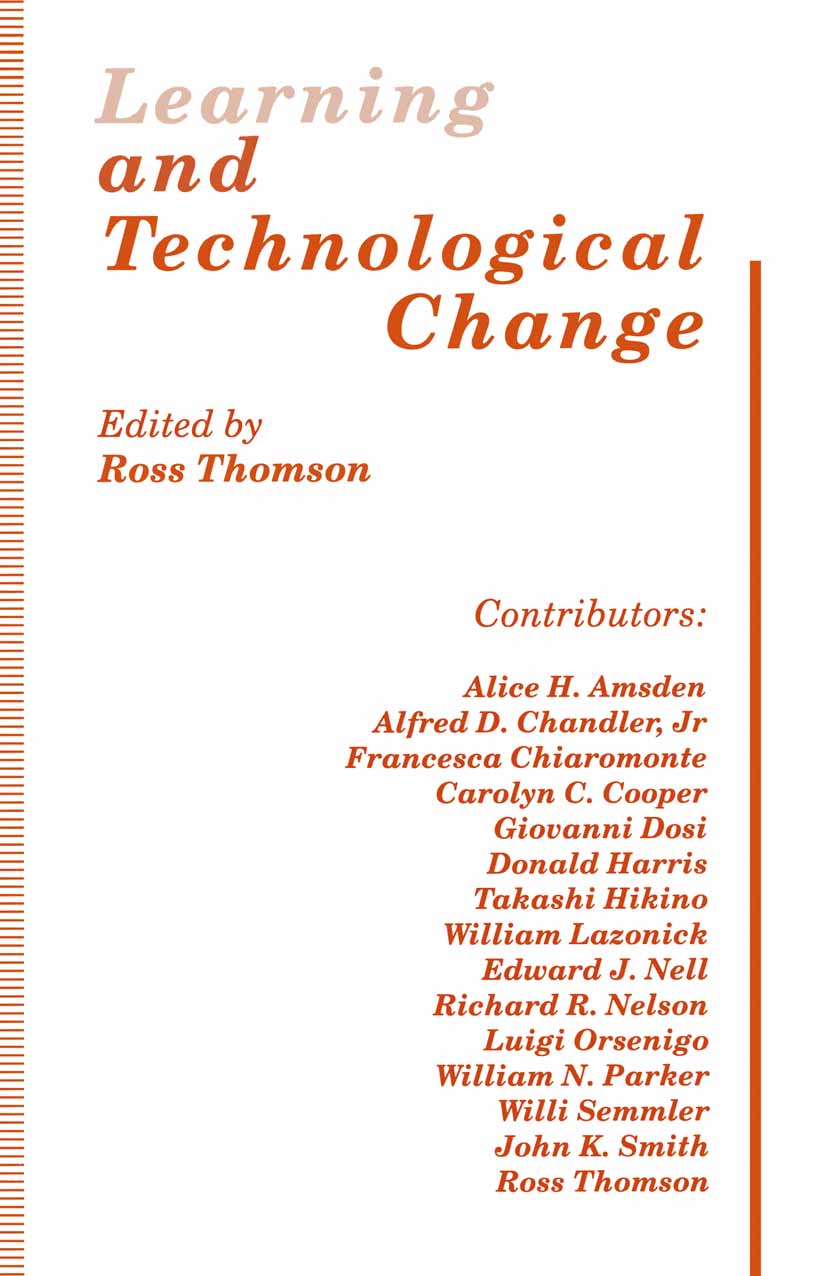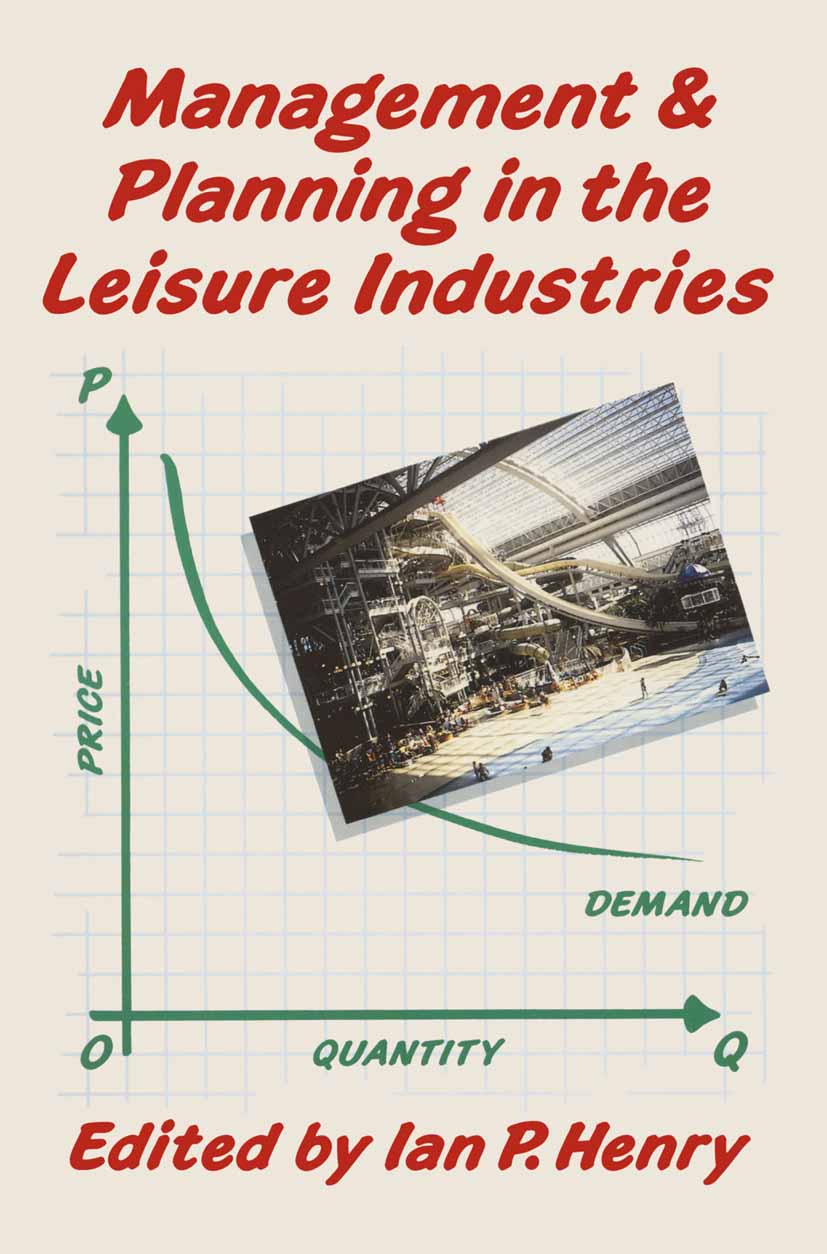Managing Corporate Change
by Klaus Doppler
2020-04-19 20:24:11
Managing Corporate Change
by Klaus Doppler
2020-04-19 20:24:11
Part I Scenario for the Future Chapter 1 Today''s Situation, Tommorrow''s Prospects 3 Warning Signals .................. . 3 Structural condition no. 1: reduced time resources 4 Structural condition no. 2: reduced financial resources 5 Structural con...
Read more
Part I Scenario for the Future Chapter 1 Today''s Situation, Tommorrow''s Prospects 3 Warning Signals .................. . 3 Structural condition no. 1: reduced time resources 4 Structural condition no. 2: reduced financial resources 5 Structural condition no. 3: dramatic increase in complexity 8 The new challenges 11 Darwin rules ......................... . 18 Chapter 2 Organization: Design for Change 23 New tasks - new structures ... 23 The perfect model: the network . 24 Structural principle: process chains 24 Quantum leap to the third millennium 26 Wanted: motivation and identification 27 Corporate culture: five key factors 29 Survival strategy and safeguarding the future 31 Chapter 3 Leadership: the Manager''s New Role 33 Management yesterday - management tomorrow 33 Changing the emphasis 33 Management redefined ..... 34 A profession: manager of change 35 Profiling what''s needed for the future 38 Contenta r From dignitary to players'' coach ......... . 40 The strategic bottleneck in management capacity 42 Part II Designing Change: Basic Principles 45 Chapter 1 The (Psycho)Logical Basis For Failure 47 Cold start ............. . 47 All things good come from above . 49 The "not invented here" syndrome 50 The wrong question ....... . 50 The solution is part of the problem 51 The human image and the organizational model 51 Outlining what''s needed and appealing for behavior to match 52 Playing it down - or the truth by installments 53 Dramatizing - or the business of fear ..... 53 Isolated solutions . . . . . . . . . . . . . . . .. 54 Juggling with names - or the "hidden agenda" 56 The credibility gap . . . . . . . . . . . . . . . .
Less































